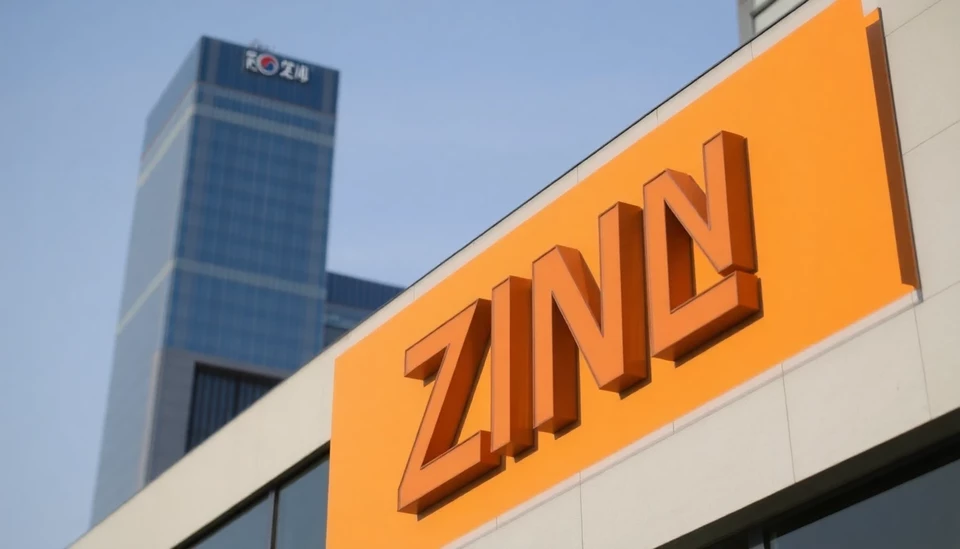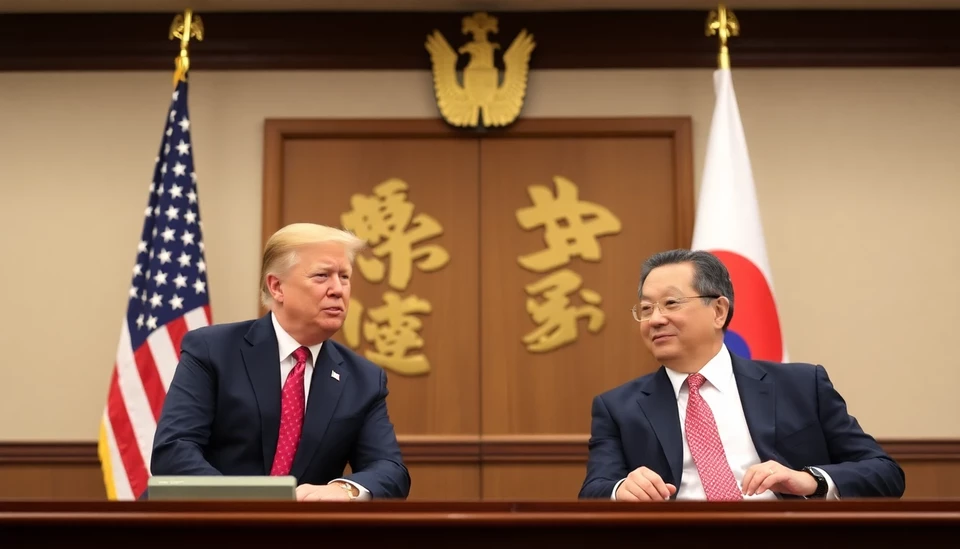
In a significant shift from previous economic forecasts, South Korea's economic outlook has begun to deteriorate at an alarming rate, raising concerns among analysts and policymakers alike. The latest data reveals that expectations for economic growth in the country have reached their lowest point since 2022, primarily driven by external pressures and domestic challenges.
The Bank of Korea (BOK) recently released its updated economic forecast, indicating that the nation's GDP growth for 2024 could slow down considerably. This prediction comes in the wake of deteriorating global demand, particularly from major trading partners like China and the United States, alongside rising geopolitical tensions and inflationary pressures that continue to impact consumer behavior.
As South Korea grapples with these challenges, the outlook for its export-driven economy appears increasingly fragile. Key sectors such as technology and automobile manufacturing, which have historically underpinned the country's growth, are now facing headwinds from a slowing global economy. For instance, major chip manufacturers have reported a slump in orders, influenced by falling demand for electronics worldwide.
Moreover, domestic consumer spending is on a downward trajectory, exacerbated by high-interest rates and inflation that have eroded household purchasing power. South Koreans are becoming more cautious with their expenditures, reflecting broader concerns about economic stability. The combination of these factors paints a grim picture for the upcoming year, with some analysts predicting a potential economic contraction if the conditions do not improve.
This decline in economic sentiment is particularly evident in business confidence indices, which have dropped significantly, signaling that companies are bracing for tougher times ahead. The uncertainty surrounding the future is causing businesses to reconsider investments and expansion plans, which could further stifle economic growth.
In response to these concerning trends, government officials are contemplating various measures to bolster the economy. Analysts suggest that targeted fiscal and monetary interventions may be necessary to restore confidence and stimulate growth. The BOK is also under pressure to reassess its monetary policy approach, particularly if inflation shows signs of stabilizing, allowing for potential interest rate cuts to encourage borrowing and spending.
As South Korea navigates these turbulent economic waters, all eyes will be on the government's forthcoming strategies and the global landscape. With uncertainties looming large, South Koreans are hopeful that effective policy responses can mitigate the downturn and pave the way for a more robust economic recovery in the years to come.
To summarize, South Korea's economic outlook has frayed at an alarming pace, driven by a combination of external and internal challenges. The nation's recovery will depend on the effectiveness of proposed policies and the global economic environment, making this a critical juncture for one of Asia's leading economies.
#SouthKorea #Economy #GDP #BankofKorea #GrowthOutlook #GlobalEconomy #ConsumerSpending #Investment #EconomicStability
Author: Daniel Foster




